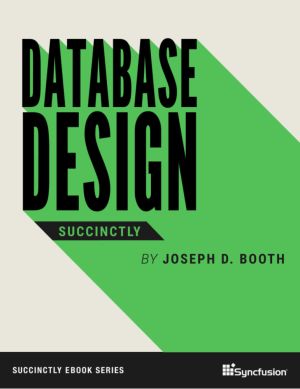
This book discusses how Norwegian shipping companies played a crucial role in global shipping markets in the 20th century, at times transporting more than ten per cent of world seaborne trade. Chapters explore how Norway managed to remain competitive, despite being a high labour-cost country in an industry with global competition. Among the feature...

This free book belongs to the Maritime Business and Economic History strand of the Palgrave Studies in Maritime Economics book series.This volume highlights the contribution of the shipping industry to the transformations in business and society of the postwar era. Shipping was both an example and an engine of globalization and structural change. I...

This open book constitutes an ethnographic mosaic which depicts the contextual complexities of the life and work of seafarers who are employed in the international merchant cargo fleet. The collection is based upon the observations and interviews of researchers in multiple disciplines. It is woven together to offer a richly detailed insight into th...

This open book is a result of the Dalhousie-led research project Safe Navigation and Environment Protection, supported by a grant from the Ocean Frontier Institute's the Canada First Research Excellent Fund (CFREF). The book focuses on Arctic shipping and investigates how ocean change and anthropogenic impacts affect our understanding of risk,...

The editors present essential methods and tools to support a holistic approach to the challenge of system upgrades and innovation in the context of high-value products and services. The approach presented here is based on three main pillars: an adaptation mechanism based on a broad understanding of system dependencies; efficient use of system knowl...

Historians often assume a one-directional transmission of knowledge and ideas, leading to the establishment of spatial hierarchies defined as centres and peripheries. In recent decades, transnational and global history have contributed to a more inclusive understanding of intellectual and cultural exchanges that profoundly challenged the ways in wh...

The way a user might perceive and use data and the optimal way a computer system might store it are often very different. In this Database Design Succinctly, learn how to model the user's information into data in a computer database system in such a way as to allow the system to produce useful results for the end user. Joseph D. Booth will cov...
